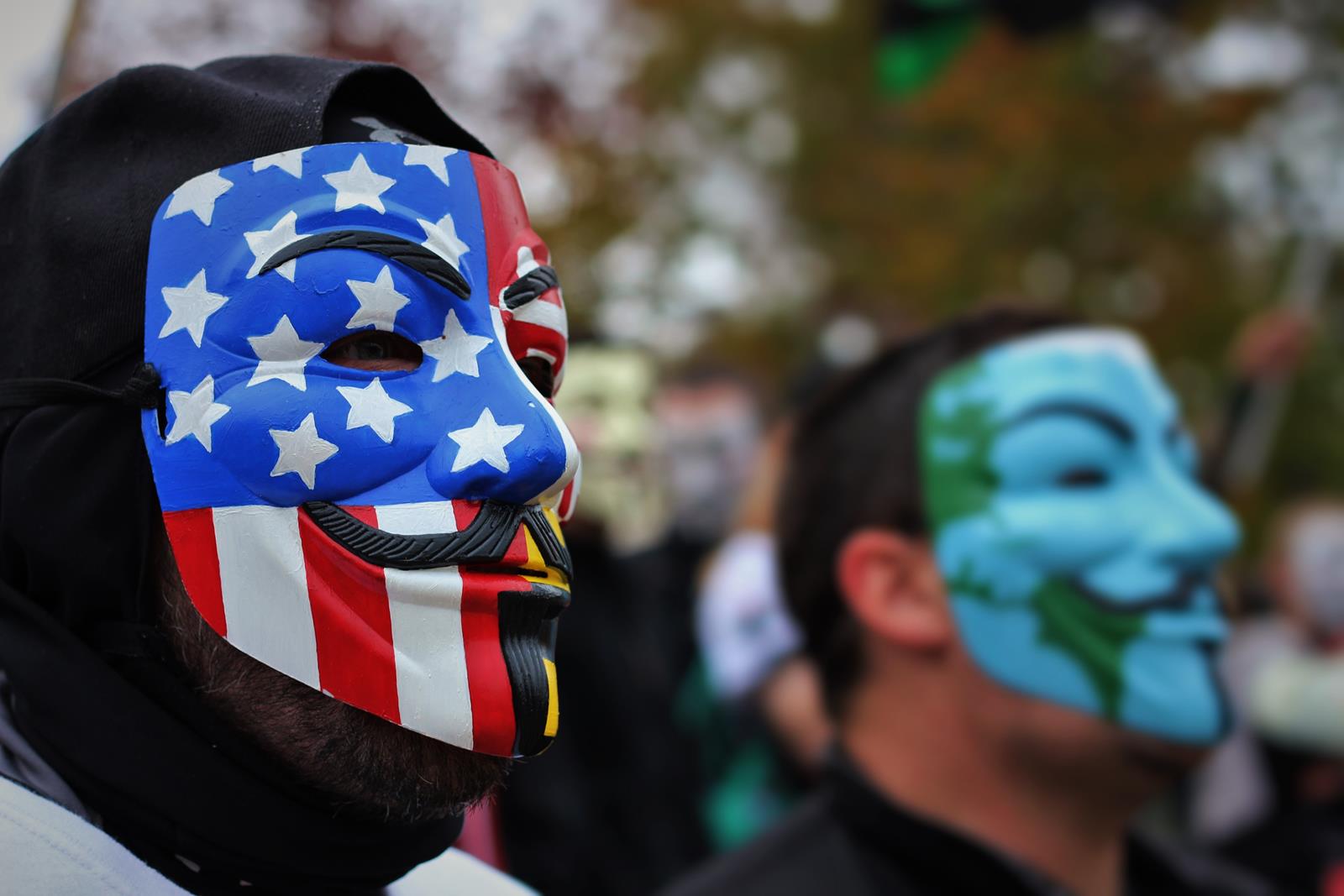Politics – A Complex Set Of Interactions
Politics is the system of action that is related to making decisions within groups, or socio-economic forms of political power relations between people, including the distribution of income or status as a reward for their actions. The branch of sociology that studies government and politics is known as political science. In some countries, politics is included in the National Science curriculum. Some areas of politics have become so applicable, that they are now used as the foundation for advanced studies in a few others. For instance, political science has applied research in areas like international security and diplomacy, development at the local, national and regional levels, health care, families, immigration and nationalities. There are lot of funny t shirts for men related to politics.
The study of politics has some basic assumptions, which have been corroborated by numerous empirical researches over time. Politics is based on consent. Power, which is usually defined as the political system’s use of force to govern its people, excludes the majority rules. Power is distributed according to political parties in an equation of forces that form a network of interests guided by charismatic leaders who claim loyalty to the political power structure. The process of making laws is called legislative politics.
Within this system there is a division of spheres of influence. At the centre are the ‘focal point’, the personage who makes decisions, and whose decisions are subject to legal scrutiny and control by other agents of influence. At the peripherals of influence are subordinates. Subordinates are citizens who can be controlled by the majorities or majoritarian groups but not necessarily by the actors who dominate the decision-making process. This article discusses the concept of politics, how politics relates to the institutions and processes of popular groups and how politics affects the subordinates of those groups.
Politics and political science are closely related. The core concepts of politics incorporate the processes of making laws, legitimacy, representation and accountability. It also includes the main philosophical schools of political science including Machiavelli, Hobbes, Enlightenment philosophers, reactionaries and social scientists.
Politics and political science are closely related. The core concepts of politics incorporates the processes of making laws, legitimacy, representation and accountability. It also includes the main philosophical schools of political science including Machiavelli, Hobbes, Enlightenment philosophers, reactionaries and social scientists. Machiavellian philosophy is an ethical theory which suggests the use of force as a means to obtain rewards. A similar idea to Machiavellian philosophy is called coercion, which is the means to ensure that one gets what they want.
Political science theories suggest that individuals are inherently rational, but also susceptible to the influence of powerful groups. Group size has been determined to affect the prevalence of coercion, with smaller groups being more likely to have large doses of coercion than larger ones. However, the nature of the relation between coercion and power is largely unknown, with many theories have only been able to describe the existence of powerful people at the top of socio-economic rankings.
The main article focuses on coercion and its relationship with political systems. Although there is considerable debate on the exact role that coercion plays within modern political systems, there are a few things that all political theories agree on. Corollary to this is that there is a need for some form of punishment for those who are willing to take part in wrong actions, such as laws that prevent discrimination or violence against minorities, and the rewards systems that many societies employ. In addition, powerful people who are not legally bound to serve properly will not be motivated to serve their fellowmen, and so will not be sufficiently motivated to do the right thing.
This article intends to provide a simple explanation of politics. Politics is a complicated and vast subject, and it is not possible to explain it completely in this article. However, the main article has explained why it is that politics can be described as a complex set of interactions between people, with each person playing a specific role. Individuals play a role in politics, as they choose to either participate actively in politics, or passively by voting, and/or paying taxes. Humans are social animals, and politics are a way for groups of people to band together against a common enemy, as was the case throughout much of history.

